Kansas tracks 5 serious West Nile virus cases as mosquito season peaks across the state

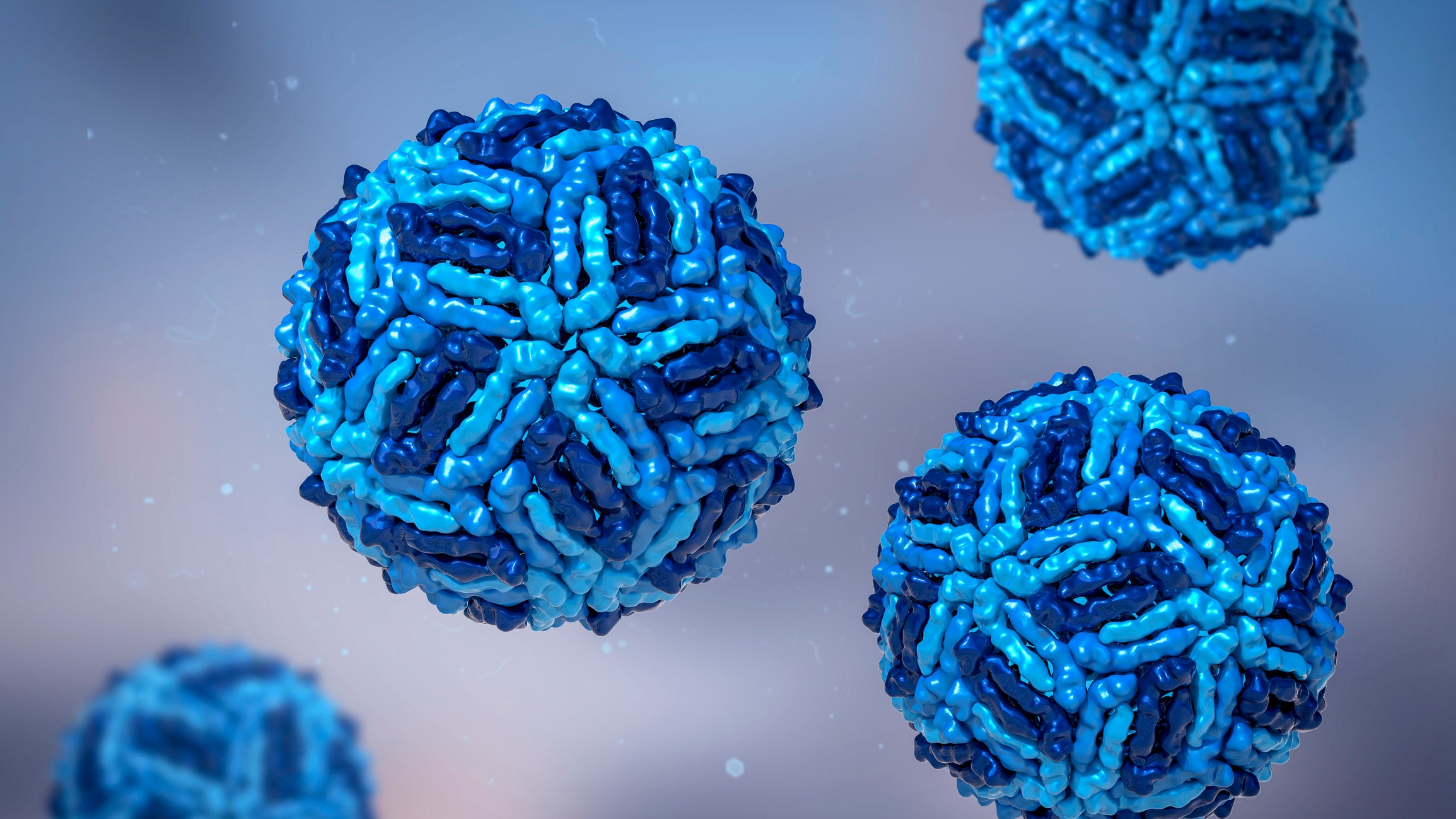












The pioneering African country is lauded for slashing rates of mother-to-child transmission to just 1.2% and is holding trials that may now hold the key to curing young people
At the turn of the century, HIV was so rampant in Botswana that politicians and doctors viewed it as an existential threat. One in eight infants were reported to be infected at birth, while rates of mother to child transmission either through pregnancy, childbirth or breastfeeding ranged from between 20 and 40%, according to UNAIDS. Between 1990 and 2000, mortality among children under five almost doubled due to HIV.
With a population of just 1.7 million people, no cure available and the second-highest HIV prevalence in the world, the country’s then-president, Festus Mogae, declared in 2001: “We are threatened with extinction.”
Continue reading...
© Photograph: Peter Van Agtmael/Polaris/eyevine

© Photograph: Peter Van Agtmael/Polaris/eyevine
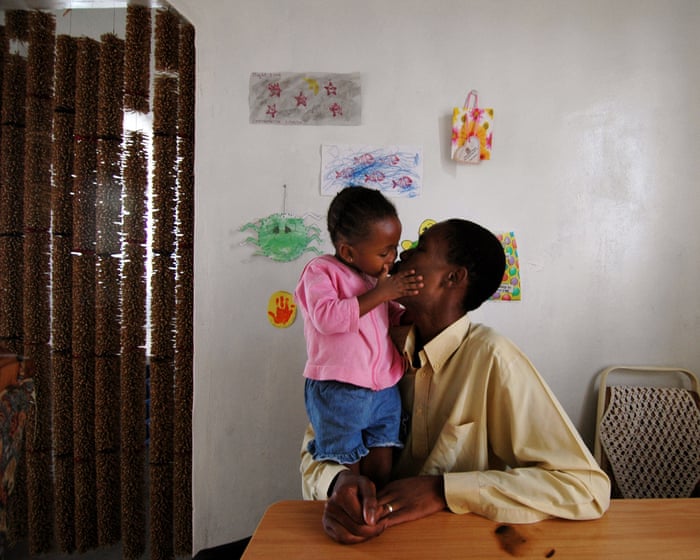
© Photograph: Peter Van Agtmael/Polaris/eyevine
Corridors of nectar-rich plants encourage pollination and brighten up city streets at the same time
Take a closer look at the colourful plants dotted along an initially unassuming Bristol alleyway and you’ll see them teeming with insects. Bumblebees, hoverflies and ladybirds throng around a mixture of catmint, yarrow, geraniums and anemones. “It’s buzzing with pollinators now,” Flora Beverley says.
Just over a year ago, the alley we are walking down was a dreary, litter-strewn dumping ground. Now, thanks to the pollinator pathways project, it is filled with nectar-rich plants and bee hotels. Colourful murals line the walls. A neighbour and her son passing by stop to tell Beverley they watered the plants yesterday. The local people who helped to transform the pathways continue to maintain them too.
Continue reading...
© Photograph: Adrian Sherratt/The Guardian

© Photograph: Adrian Sherratt/The Guardian
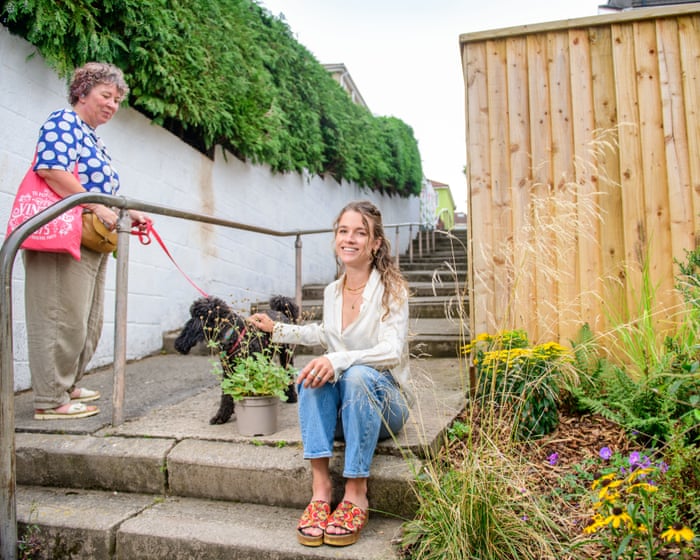
© Photograph: Adrian Sherratt/The Guardian
As the party members choose their new leader, Guardian readers quiz the three hopefuls about class, Reform UK, Corbyn and the EU
Continue reading...
© Composite: Guardian Design/AP/Getty Images

© Composite: Guardian Design/AP/Getty Images

© Composite: Guardian Design/AP/Getty Images
Indulge both your caffeine and sugar cravings with this refreshing summer pudding
A low-effort dessert inspired by café de olla, which is a drink I consumed daily while on holiday in Oaxaca, Mexico. It’s a black coffee gently spiced with cinnamon and cloves, and sweetened with piloncillo (an unrefined sugar). Here, I’ve turned it into something refreshing for summer, using dark brown sugar instead, not least because it’s easier to find. I can never resist a post-dinner coffee, and this scratches both that caffeine and sugar itch.
Continue reading...
© Photograph: Issy Croker/The Guardian. Food styling: Julia Aden. Prop styling: Anna Wilkins. Food styling assistant: Isobel Clarke.

© Photograph: Issy Croker/The Guardian. Food styling: Julia Aden. Prop styling: Anna Wilkins. Food styling assistant: Isobel Clarke.

© Photograph: Issy Croker/The Guardian. Food styling: Julia Aden. Prop styling: Anna Wilkins. Food styling assistant: Isobel Clarke.
Exclusive: Lib Dem leader says giving Tesla a foothold in Britain’s energy market could be national security risk
Elon Musk’s company, Tesla, should have its application to supply energy to UK homes blocked on national security grounds, Ed Davey has told ministers.
The Liberal Democrat leader argued that giving the electric car manufacturer a foothold in the British energy market would be “a gravely concerning move considering Elon Musk’s repeated interference in UK politics”.
Continue reading...
© Photograph: Leon Neal/Getty Images

© Photograph: Leon Neal/Getty Images

© Photograph: Leon Neal/Getty Images

























Almost 200 endangered southern right wales have been spotted off state’s coastline this year, amid concerns about impact of algal bloom
Scientists say a bumper season for southern right whales in South Australia is a “sign of hope” for the state amid the ongoing effects of a devastating algal bloom.
Flinders University marine biologist and chief scientist of the Australian right whale research program, Dr Claire Charlton, said research teams were pleased to record early sightings of almost 200 whales off the state’s coastline, after lower numbers in recent years. It comes amid concerns about the harmful algal bloom which has caused the deaths of some marine life off the SA coast.
Sign up to get climate and environment editor Adam Morton’s Clear Air column as a free newsletter
Continue reading...
© Photograph: Richard Twist

© Photograph: Richard Twist
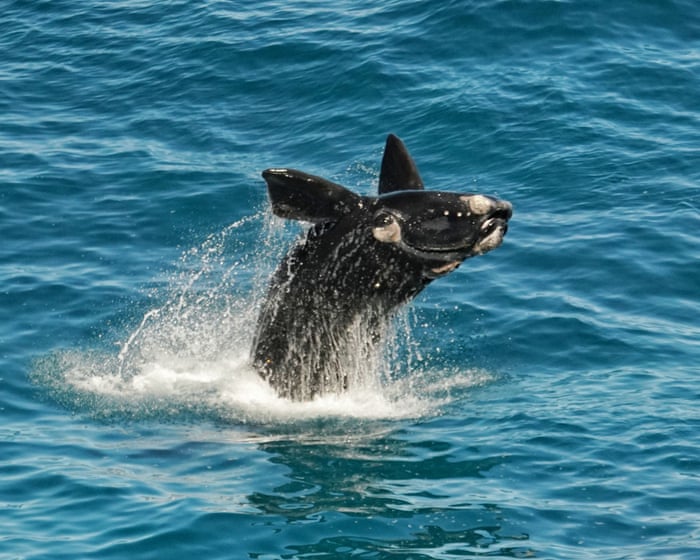
© Photograph: Richard Twist


Rap trio will face intense scrutiny from French authorities when they play Rock en Seine festival on Sunday
The Belfast hip-hop trio Kneecap are ploughing ahead with their European tour despite a ban on entering Hungary, the cancellation of a string of concerts in Austria and Germany, and the intense scrutiny of authorities in France.
The Irish-language group will this Sunday play in front an expected 40,000 spectators at the Rock en Seine festival west of Paris, one of France’s biggest live music events of the year, just days after one of their members appeared at a London court on a terrorism charge.
Continue reading...
© Photograph: Per Ole Hagen/Redferns

© Photograph: Per Ole Hagen/Redferns

© Photograph: Per Ole Hagen/Redferns
The stars and makers of a new version of The War of the Roses discuss modern dating, swearing in America and the problem with Mr Tickle
At the start of The Roses, a counsellor asks a couple to list what they love about each other. It’s a struggle. “He has arms,” is about as good as it gets. The actors who play them are less reticent. Highlights are itemised before I’ve even asked. “I love your hair,” Olivia Colman tells Benedict Cumberbatch. “Short at the sides! Brilliant!” It’s their first time together in ages. They compare half-terms and weeding. She coos over his dislocated shoulder. He admires her suit.
OK, enough mush. What do they hate about one another?
Continue reading...
© Photograph: Bryan Adams

© Photograph: Bryan Adams
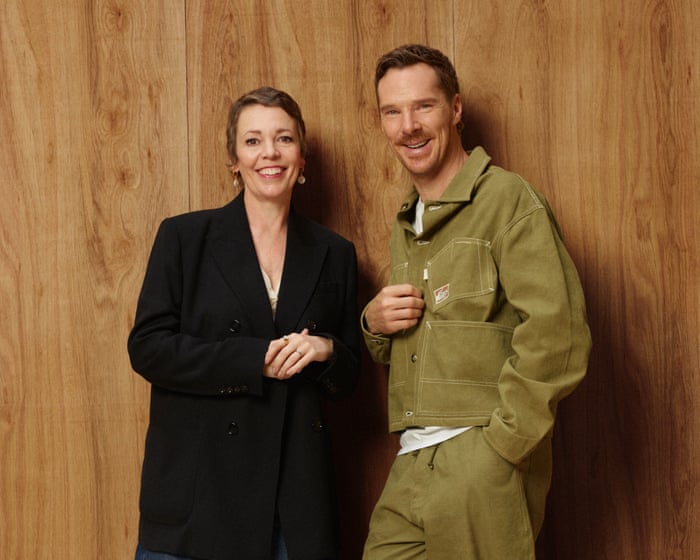
© Photograph: Bryan Adams
When I was growing up, puzzles were something older people did, but younger fans are connecting through YouTube and TikTok
It started as something to pass the time. I remember being 10, in 2001, at my grandmother’s house, a 1,000-piece puzzle spread across the table. I was determined to complete it before my mum and sister returned from a hike. By the end of the day it was done, and something clicked. There was a sense of satisfaction in fitting those pieces together.
After that, puzzles became a regular part of my life. I was always dipping into them – whether it was a quick 500-piece puzzle at the weekend or a more ambitious one over the holidays.
Continue reading...
© Photograph: Bradley Meinz/The Guardian

© Photograph: Bradley Meinz/The Guardian

© Photograph: Bradley Meinz/The Guardian
As Russian drones and missiles continue to rain down death, the prospect of a Putin-Zelenskyy meeting seems unlikely
It was night in Ukraine when President Trump met President Putin in Alaska – a night during which Russia shelled only frontline Ukrainian cities. People in Kyiv, Lviv, Odesa, Dnipro and even Kharkiv could sleep, but they did not. They were waiting for news from Alaska. I was also awake and watching the news feed, aware that this meeting would lead to nothing, or worse, something bad for Ukraine. But in difficult, seemingly hopeless situations, human nature is prone to desperate optimism. In the middle ages, people often hoped for a miracle, forgetting about the logic of events. So, the night of 15 August was a night of hope for a miracle, which, of course, did not happen.
Unlike on the eve of the Alaska meeting, in Ukraine, there was no particular tension in the buildup to the meeting of European leaders at the White House on Monday, despite images of a hugely powerful team arriving in Washington. Ukrainians seemed to sense that this meeting had to be visually positive in order to push into the shade the Alaska meeting, which ended in nothing, if not actual failure.
Continue reading...
© Photograph: Ukrinform/Shutterstock

© Photograph: Ukrinform/Shutterstock
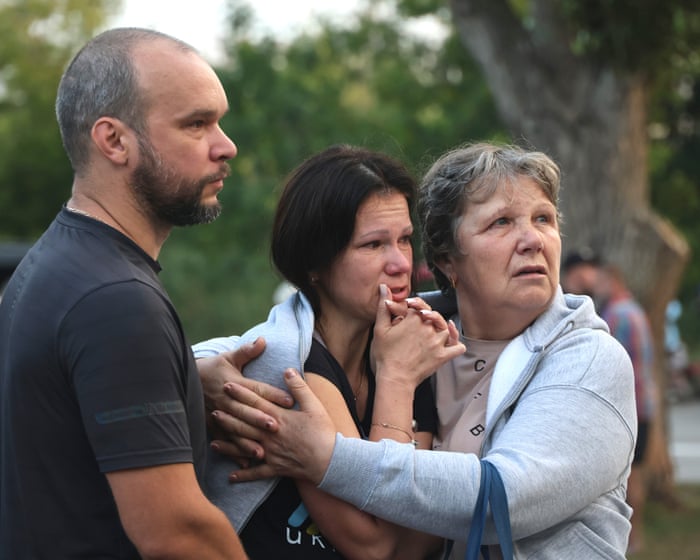
© Photograph: Ukrinform/Shutterstock



